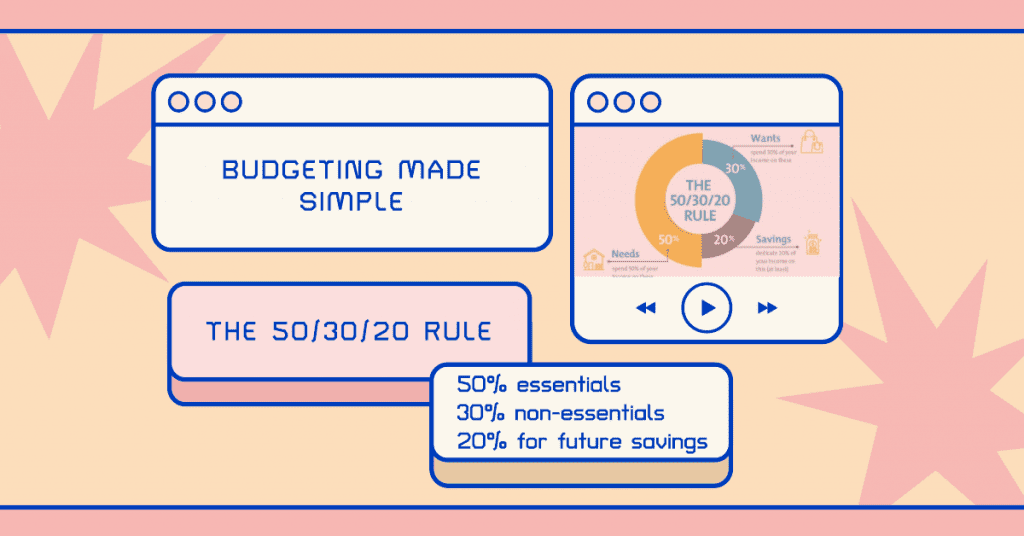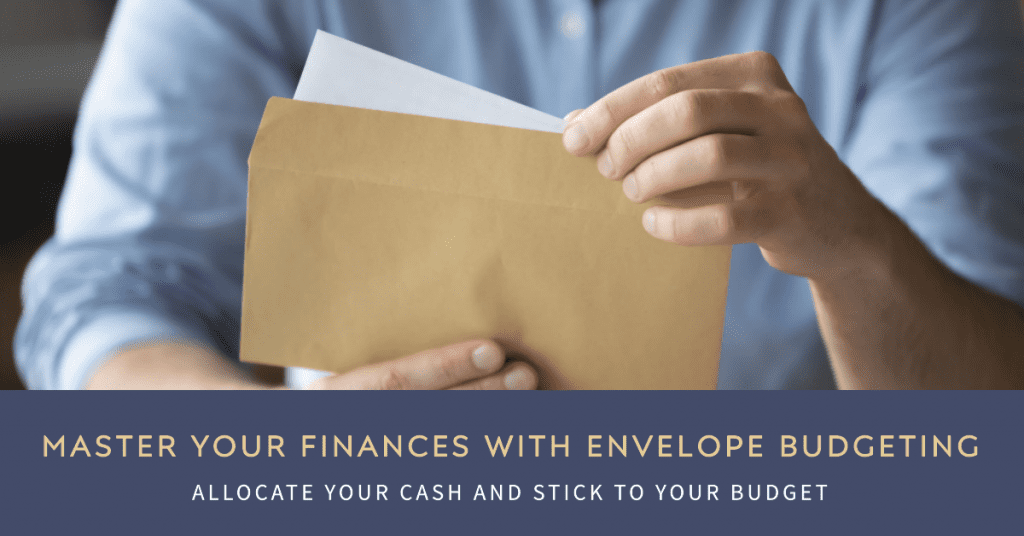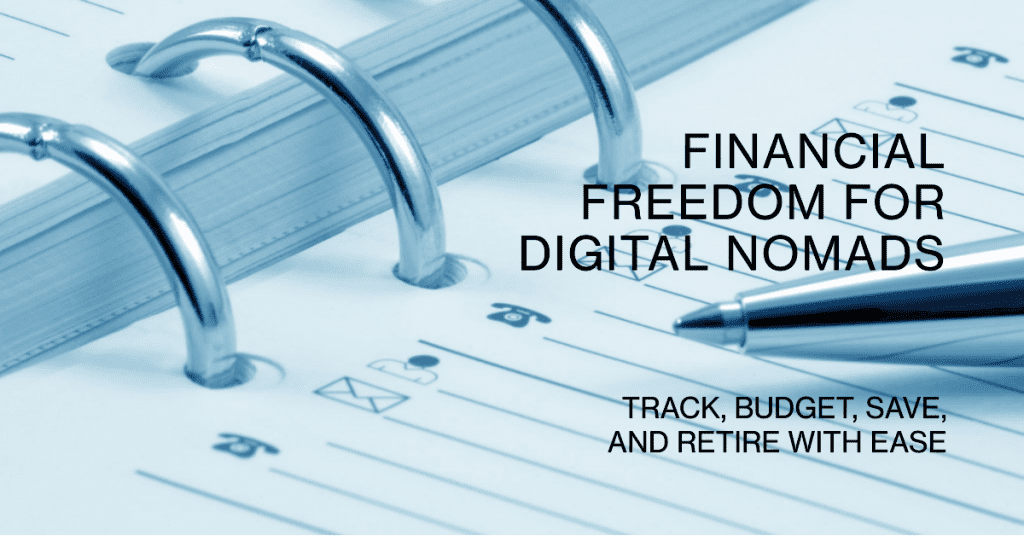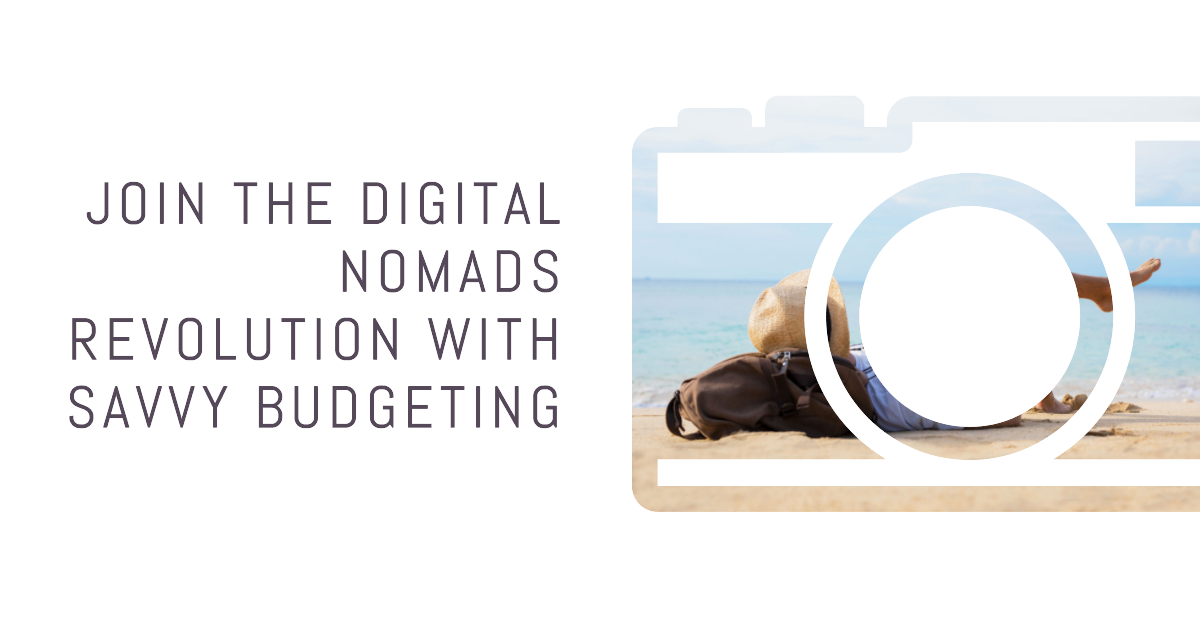Table of Contents
Key Takeaway
| Important Points to Remember |
|---|
| 1. Budgeting is crucial for digital nomads to maintain financial stability and freedom. |
| 2. Explore various budgeting methods such as zero-sum, 50/30/20, and envelope budgeting. |
| 3. Effective budgeting involves understanding personal finance needs and researching suitable banking options. |
| 4. Tips for successful budgeting while traveling include finding free activities, using budgeting apps, and streamlining tech usage. |
Introduction
Being a digital nomad is an exciting venture, offering a lifestyle of freedom and adventure. However, it’s vital to manage finances wisely to sustain this lifestyle. Budgeting plays a pivotal role in ensuring financial stability and empowering digital nomads to achieve their travel dreams.
In this article, we’ll explore minimalist budgeting strategies specifically tailored for digital nomads. From budgeting essentials to effective tips for managing finances on the move, we’ve got you covered. Let’s dive into the world of budget bliss for digital nomads!
Stay tuned as we discuss essential budgeting components, various budgeting methods, and invaluable tips to keep your financial ship sailing smoothly in the digital nomad sea. Let’s embark on this financial journey together!
Budgeting Essentials for Digital Nomads
Key Budgeting Components
Before exploring budgeting methods, let’s understand the fundamental components that should be included in the budget of a digital nomad. These key elements will form the foundation of effective financial management during your travels.
- Flights and Transportation:
- Consider the costs of flights between destinations, local transportation, and any other travel-related expenses. This includes train tickets, bus fares, or even scooter rentals.
- Accommodation:
- Budget for lodging, whether it’s hotels, hostels, Airbnb, or other accommodation options. Research the average costs in the locations you plan to visit.
- Insurance:
- Factor in health insurance, travel insurance, and any other relevant insurance costs that will provide you with coverage during your travels.
- Visas and Documentation:
- Account for visa fees, permits, and any necessary documentation required for the countries you plan to visit. Costs can vary significantly depending on your destinations.
- Taxes:
- Be aware of potential tax implications and set aside funds accordingly. It’s crucial to understand the tax laws of your home country and how they apply to your situation as a digital nomad.
- Living Expenses:
- Estimate everyday costs like food, groceries, dining out, and other day-to-day living expenses. This also includes recreational activities and entertainment.
- Technology and Tools:
- Budget for necessary gadgets, software, and subscriptions essential for your digital work on the go. Ensure you have reliable devices and internet access to maintain your online work.
Exploring Budgeting Methods
To effectively manage finances, digital nomads can adopt various budgeting methods. Let’s explore a few popular ones and understand how they can be tailored to suit the nomadic lifestyle.
1. Zero-Sum Budget
The zero-sum budgeting approach involves giving every dollar a specific purpose, ensuring your income minus expenses equals zero. Here’s a step-by-step breakdown:
- Calculate Your Income:
- Start by determining your total income for the month, considering all sources such as client payments, freelance work, or any other earnings.
- Assign Every Dollar a Job:
- Allocate funds to various expense categories, ensuring that every dollar is accounted for. Include categories like flights, accommodation, insurance, visas, taxes, living expenses, and technology needs.
- Track and Adjust:
- Keep a record of your spending in each category throughout the month. If you overspend in one category, adjust by reducing spending in another to stay within your budget.
Example of a Zero-Sum Budget
- Income: $3,000
- Expenses:
- Flights: $800
- Accommodation: $1,000
- Insurance: $150
- Visas: $100
- Taxes: $300
- Living Expenses: $500
- Technology: $150
Total Expenses: $2,900
Remaining: $100 (save or allocate to a specific purpose)
2. 50/30/20 Budget

The 50/30/20 budget allocates your income into three main categories: necessities, wants, and savings or debt repayment.
- Necessities (50%):
- This includes essential expenses like accommodation, insurance, living expenses, and transportation.
- Wants (30%):
- Allocate 30% of your income for non-essential expenses such as dining out, entertainment, and recreational activities.
- Savings or Debt Repayment (20%):
- Save or use this portion of your income to pay off debts and build your savings for the future.
3. Envelope Budget

Envelope budgeting involves allocating a certain amount of cash for each budget category and placing it in separate envelopes. Once the cash in an envelope is used up, you cannot spend more in that category until the next budgeting period.
Steps to Implement Envelope Budgeting:
- Identify Budget Categories:
- Determine the budget categories, such as flights, accommodation, food, entertainment, and other necessary expenses.
- Allocate Budget Amounts:
- Assign a specific amount of cash to each category based on your budget. Place the designated cash for each category in separate envelopes.
- Track Spending:
- Use the allocated cash for each category throughout the month. Keep track of your spending and stay within the limits set by the cash in each envelope.
- Adjust and Refill:
- If needed, adjust the budget for the next month based on your spending patterns. Refill the envelopes at the beginning of each budgeting period.
Example of an Envelope Budget
- Flights: $800 in the envelope
- Accommodation: $1,000 in the envelope
- Food: $400 in the envelope
- Entertainment: $200 in the envelope
Once the cash in an envelope is used up, spending in that category is halted until the next budgeting period.
Travel Budget Tips for Digital Nomads
Beyond specific budgeting methods, consider incorporating the following strategies to make the most of your travel budget:
- Research and Enjoy Free Activities:
- Explore parks, free local events, and scenic spots in your destination without spending money.
- Use Budgeting Apps:
- Leverage apps like Mint, YNAB, or EveryDollar to track your expenses and stick to your budget effectively.
- Cook Your Own Meals:
- Prepare meals at home using local ingredients, which can be more affordable and healthier than dining out.
- Utilize Travel Points:
- Make use of travel rewards programs and credit card points to save on flights, accommodation, and other travel expenses.
- Prioritize Affordable Options:
- Opt for budget-friendly accommodation, transportation, and activities to stretch your travel budget further.
Understanding Personal Finance Needs and Staying Ahead of Expenses
Being a digital nomad means embracing a unique financial lifestyle. To effectively manage your finances, you need to understand your personal finance needs and plan ahead to stay on top of your expenses.

Recommendations for Managing Finances Effectively:
- Track Your Income and Expenses:
- Maintain a detailed record of your earnings and spending. This helps you identify patterns and areas for potential savings.
- Create a Realistic Budget:
- Tailor your budget to your specific lifestyle and needs. Ensure it’s practical and achievable, accounting for all necessary expenses and a portion for savings.
- Build an Emergency Fund:
- Save a portion of your income into an emergency fund to cover unexpected expenses or emergencies. Aim for at least three to six months’ worth of living expenses.
- Plan for Taxes:
- Understand tax obligations based on your nationality and the countries you visit. Set aside a portion of your income for taxes to avoid last-minute financial strain.
- Save for Retirement:
- Contribute to retirement savings or investment accounts. Planning for the future is essential, even for digital nomads.
By comprehending your financial requirements and planning accordingly, you’ll be better equipped to manage your finances while pursuing the digital nomad lifestyle.
Researching Your Banking Options
Tailoring Banking for the Nomadic Lifestyle
Selecting the right banking options is crucial for smooth financial management while traveling. Consider the following factors to tailor your banking to the nomadic lifestyle:
- Low or No Foreign Transaction Fees:
- Opt for banks that offer accounts with minimal or no fees for foreign transactions to save on ATM withdrawals and purchases abroad.
- Global ATM Access:
- Ensure your bank provides access to a wide network of ATMs worldwide, allowing you to withdraw cash without incurring hefty fees.
- Online and Mobile Banking:
- Choose a bank with a robust online and mobile banking system for easy access to your accounts and transactions while on the move.
- Currency Conversion Rates:
- Research the currency conversion rates offered by the bank. Favorable rates can significantly impact your spending power.
Popular Banks for Digital Nomads
Here are some banks known for their digital nomad-friendly features:
- Charles Schwab Bank:
- Highly recommended for its no ATM fees worldwide and reimbursement of fees charged by other banks’ ATMs.
- Revolut: (No longer accepting U.S. accounts)
- Known for its multi-currency accounts and fair exchange rates, making it ideal for international travel.
- N26:
- Offers a mobile-based bank account with no foreign transaction fees and a sleek app for easy management.
- TransferWise (Wise):
- Known for its transparent and low-cost international money transfers, which can be beneficial for freelancers receiving payments from clients globally.
By selecting the right banking options and optimizing your accounts based on your needs, you can effectively manage your finances and focus on your digital nomad adventures.
Conclusion: Mastering Budgeting as a Digital Nomad
Budgeting is an indispensable skill for every digital nomad, ensuring financial stability and the ability to sustain a fulfilling lifestyle while traversing the world. In this comprehensive guide, we’ve explored essential budgeting components, various budgeting methods, and practical tips to help you achieve financial freedom on your nomadic journey.
Key Takeaways
- Understand Your Financial Landscape:
- Identify key components of your budget, including flights, accommodation, insurance, visas, taxes, living expenses, and technology needs.
- Adopt Effective Budgeting Methods:
- Experiment with budgeting methods such as zero-sum budgeting, the 50/30/20 budget, and the envelope budget, tailoring them to suit your lifestyle.
- Strategize and Save While Traveling:
- Find free or low-cost activities, utilize budgeting apps, cook your own meals, and prioritize spending to make the most of your budget.
- Optimize Banking for Nomadic Living:
- Choose banks that offer low or no foreign transaction fees, global ATM access, convenient online/mobile banking, favorable currency conversion rates, and travel-friendly credit cards.
May your newfound knowledge empower you on your digital nomad journey, leading to financial independence and enabling a life filled with exciting adventures.
In conclusion, every digital nomad’s path is unique, and so is their financial situation. Tailor these strategies to fit your specific needs and aspirations. May your financial wisdom lead you to boundless adventures and a life of financial abundance! Safe travels!
